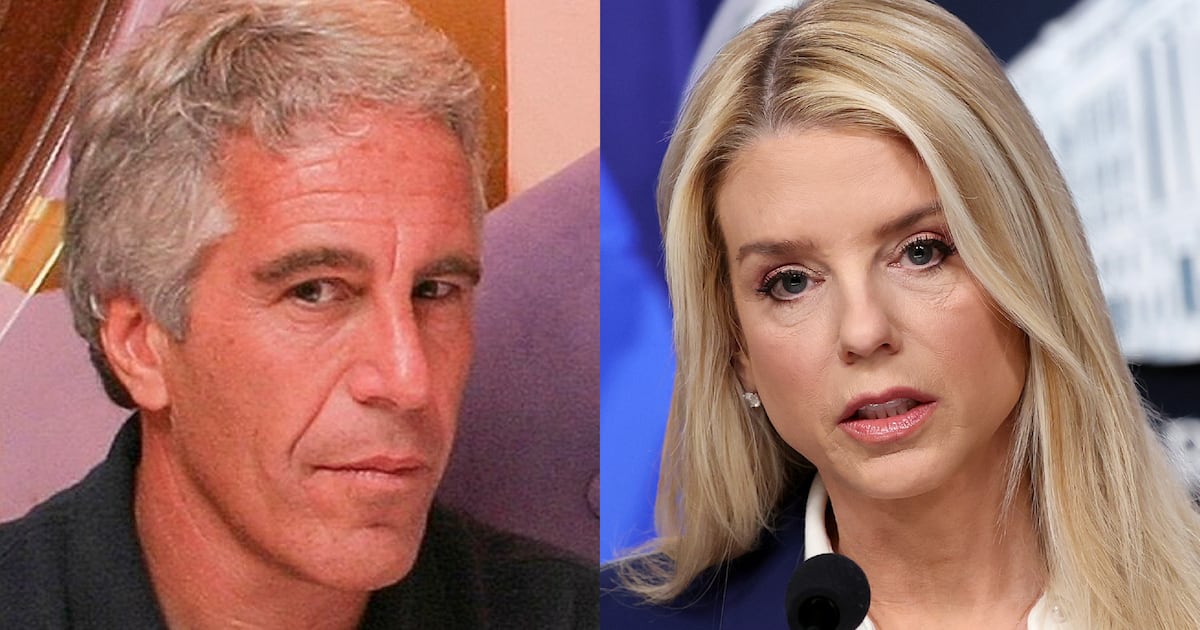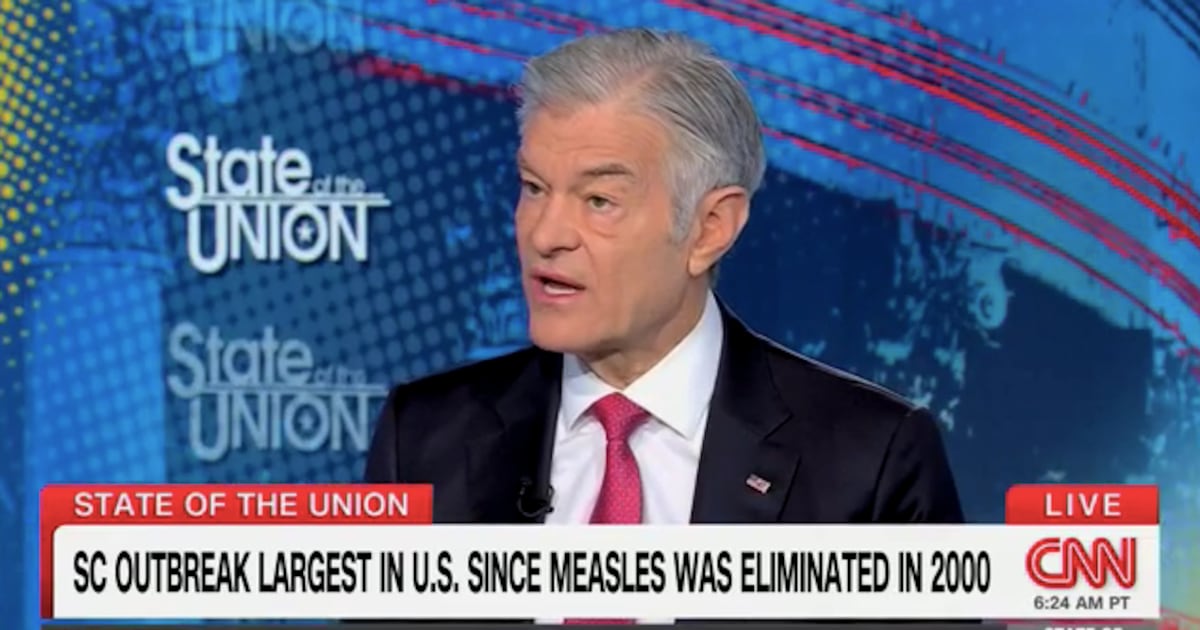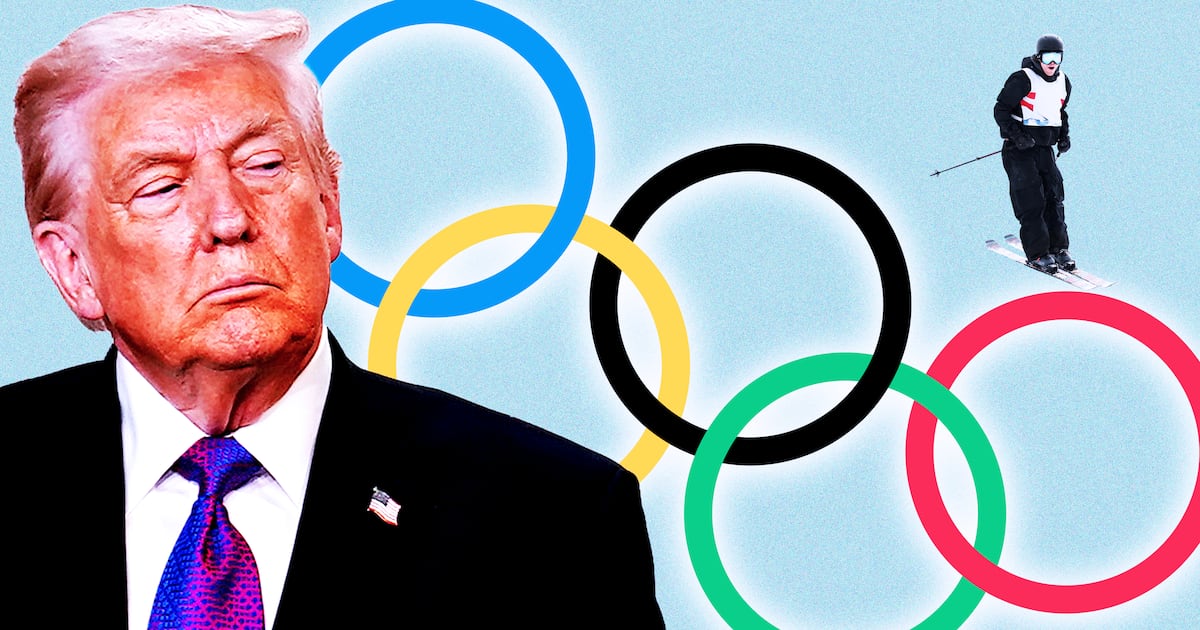Warner Bros. Discovery is facing its first test over its news-streaming experiment CNN Max less than a week after its debut—from one of the carriers it’s trying to circumvent.
DirecTV sent a letter to the company that warned it risked violating its contract between the two over CNN Max’s programming, according to a report by The New York Times report. The in-beta CNN Max, which launched last week on the Max streaming platform, currently airs some original shows along with simulcasts of various CNN programs, including its morning show, The Lead with Jake Tapper, and its entire primetime lineup.
A representative for Warner Bros. Discovery had no additional comment beyond its statement to the Times, which noted that it “maintains strong and meaningful relationships with our affiliate partners. Our partners are aware of and understand our rationale with Max, which is to reach new audiences.” DirecTV did not respond to an immediate request for comment.
It’s unclear if DirecTV will pursue legal action to block the programming, but its decision to send a letter at all indicates its frustration has been deeply felt. The move by DirecTV, one of the largest satellite TV providers in the country, appears to contradict comments Warner Bros. Discovery executive J.B. Perrette made to Puck in August.
“We’re clear about our rights,” said Perrette, the chief executive of the company’s streaming division. “We’re very clear that this is very compliant and within the parameters of what we’re allowed to do.” Puck also reported Warner Bros. renegotiated its agreements with cable providers over the summer, though Perrette said it always had the ability to stream some of CNN’s cable programming.
Last week’s new iteration of CNN on streaming is the network’s second attempt at broadening its revenue sources through digital consumption, though it is its most blatant effort at copying the cable network’s programming schedule. The short-lived CNN+ had CNN’s talent launch shows tailor-made to the platform, though its monthlong run and dismal subscriber numbers gave it little opportunity to bear fruit.
Still, despite its current unprofitability, streaming has emerged as the next battlefield for networks as they shy away from the dwindling revenue cable packages provide.
The Walt Disney Company’s dispute with Charter, another cable provider, largely centered around the difference between cable and streaming content’s value, with Charter wanting to provide Disney’s streaming services like Disney+ and a yet-to-be-launched streaming version of its ESPN sports network for free. Its eventual deal included the streaming channel at no additional cost to subscribers, but its existence alone illustrates companies’ desire to pivot away from the traditional cable model.






